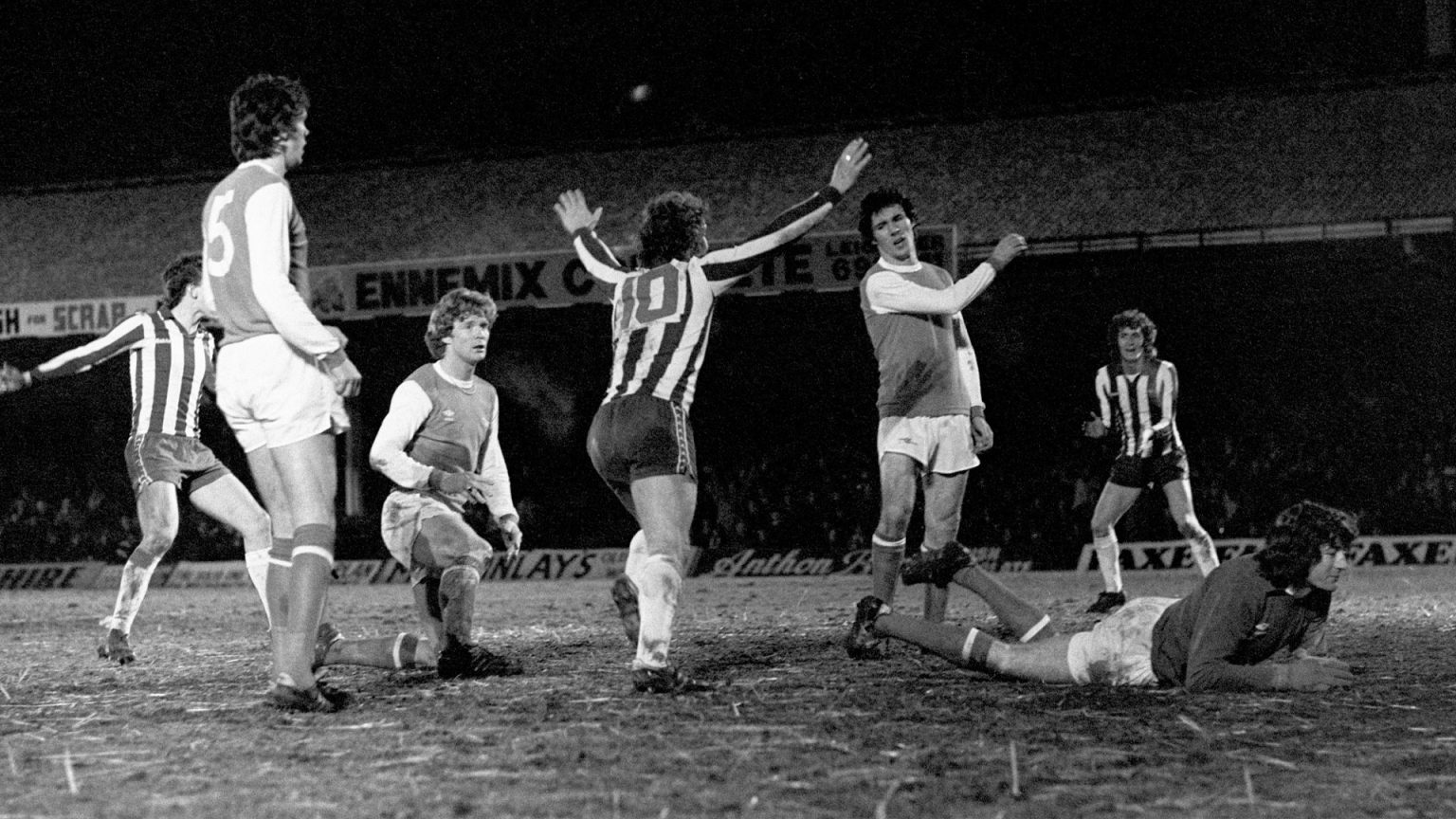The recent elimination of FA Cup replays marks a significant shift in the landscape of English football, sparking both nostalgia and indifference. For some, replays represented a cherished tradition, a chance for underdogs to challenge giants and for fans to experience the drama unfold over multiple acts. For others, they were an unnecessary obstacle in an already congested fixture schedule. The official reason cited for their demise is the increasing demands of UEFA competitions, particularly for top-tier clubs juggling domestic and continental ambitions. However, a cynical interpretation suggests the prioritization of the more financially lucrative European tournaments. This shift highlights the growing tension between tradition and commercial interests in modern football.
The impact of this change resonates most profoundly with smaller clubs, for whom a replay against a Premier League powerhouse represented a windfall opportunity. The prospect of hosting a team like Manchester City or Liverpool, with the accompanying influx of fans and media attention, could dramatically boost a club’s finances. The case of Tamworth, who narrowly missed out on a replay against Tottenham Hotspur after a valiant extra-time defeat, underscores this lost potential. Had replays remained, their FA Cup journey might have extended, bringing considerable financial reward and further elevating their profile. This financial disparity between the top-flight and lower-league clubs exacerbates the impact of removing replays, further solidifying the gap between the footballing elite and the aspiring underdogs.
Replays, introduced in the aftermath of the inaugural FA Cup’s indecisive semi-finals in 1871-72, have a rich and storied history. From the six-match marathon between Oxford City and Alvechurch in 1971, to the four-replay saga between Arsenal and Sheffield Wednesday in 1979, these extended contests created unforgettable moments and added to the Cup’s mystique. The Arsenal-Sheffield Wednesday clash, spanning 16 days and accumulating a staggering combined attendance of 143,916, epitomizes the dedication of fans and the enduring appeal of the competition. Such extended battles are now relics of the past, replaced by the immediacy and finality of penalty shootouts. The removal of replays not only streamlines the competition but also potentially diminishes the opportunity for dramatic comebacks and underdog triumphs that have become synonymous with the FA Cup.
The FA’s decision to discontinue replays is not an isolated incident but part of a broader trend towards streamlining and modernizing the competition. The move to stage semi-finals exclusively at Wembley, while financially advantageous for the FA, further distances the competition from its traditional roots. This shift, coupled with the increasing dominance of the Premier League, has fueled concerns about the gradual erosion of the FA Cup’s “magic.” The withdrawal of Manchester United from the 2000 FA Cup to participate in the FIFA Club World Championship, a decision driven by financial incentives, highlights the growing influence of global tournaments and the shifting priorities of top clubs.
The FA Cup, despite its evolving format, remains a deeply cherished competition, embodying the passion and unpredictability that captivate fans across the country. While the Premier League offers the sustained drama of a season-long narrative, the FA Cup provides a unique platform for underdogs to dream and for established giants to stumble. It is a competition where lower-league teams can test their mettle against the best in the country, and where the romance of the cup can create unforgettable moments of triumph and heartbreak. The removal of replays, while potentially beneficial for logistical and financial reasons, undeniably changes the character of the competition and removes a layer of its historical richness.
The decision to abolish replays ultimately reflects the changing realities of modern football. The demands of a globalized game, coupled with the ever-increasing financial pressures, have necessitated a more streamlined and efficient format. While this change may be pragmatic, it also represents a loss for those who cherish the traditions and unique character of the FA Cup. The debate surrounding replays underscores the inherent tension between preserving the rich history of a beloved competition and adapting to the evolving landscape of professional sport. As the FA Cup navigates this transition, the challenge remains to strike a balance between modernization and maintaining the essence of what has made it such a captivating and enduring competition for over a century.




